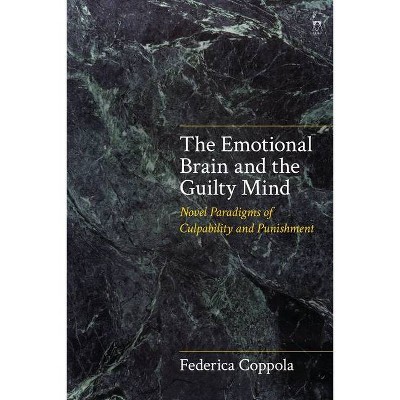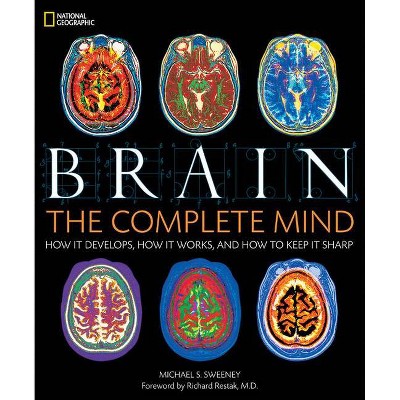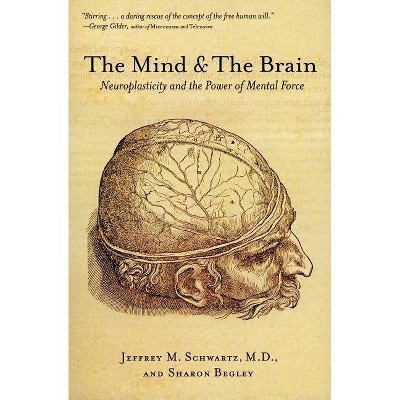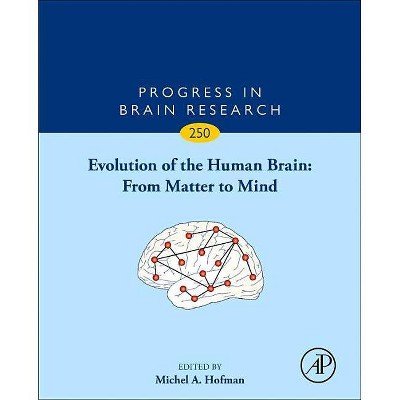The Emotional Brain and the Guilty Mind - by Federica Coppola (Hardcover)

Similar Products
Products of same category from the store
AllProduct info
<p/><br></br><p><b> About the Book </b></p></br></br>"This book seeks to reframe the normative narrative of the 'culpable person' in American criminal law through a more humanising lens. It embraces such reframed narrative to revise the criteria of the current voluntarist architecture of culpability and advance a paradigm of punishment that positions social rehabilitation as its core principle. The book constructs this narrative by considering behavioural and neuroscientific insights into the functions of emotions, and socio-environmental factors within moral behaviour in social settings. Hence, it suggests culpability notions that reflect a more contextualised view of human conduct, and argues that such revised notions are better suited to the principle of personal guilt. Furthermore, it suggests a model of 'punishment' that values the dynamic power of change of individuals, and acknowledges the importance of social relationships and positive environments to foster patterns of social (re)integration. Ultimately, this book argues that the potential adoption of the proposed models of culpability and punishment, which view people through a more comprehensive lens, may be a key factor for turning criminal justice into a less punitive, more inclusionary and non-stigmatising system"--<p/><br></br><p><b> Book Synopsis </b></p></br></br>This book seeks to reframe the normative narrative of the 'culpable person' in American criminal law through a more humanising lens. It embraces such a reframed narrative to revise the criteria of the current voluntarist architecture of culpability and to advance a paradigm of punishment that positions social rehabilitation as its core principle. <br/><br/>The book constructs this narrative by considering behavioural and neuroscientific insights into the functions of emotions, and socio-environmental factors within moral behaviour in social settings. Hence, it suggests culpability notions that reflect a more contextualised view of human conduct, and argues that such revised notions are better suited to the principle of personal guilt. Furthermore, it suggests a model of 'punishment' that values the dynamic power of change of individuals, and acknowledges the importance of social relationships and positive environments to foster patterns of social (re)integration. <br/><br/>Ultimately, this book argues that the potential adoption of the proposed models of culpability and punishment, which view people through a more comprehensive lens, may be a key factor for turning criminal justice into a less punitive, more inclusionary and non-stigmatising system.<p/><br></br><p><b> Review Quotes </b></p></br></br><br><p>"This book is essential reading for anyone with an interest in criminal law and neuroscience. Coppola's agenda for reformulating criminal responsibility and punishment is as compelling as it is controversial. The book is a must read." --<i>Dennis M Patterson, Professor of Law, Rutgers Law School, USA</i> <p/>"With lucid prose and a comprehensive grasp of multiple literatures, Coppola deftly weaves behavioral and neuroscientific insights into longstanding debates about crime and punishment. What emerges is a compelling tapestry of suggested reforms that have the potential to transform notions of culpability, sentencing determinations, and the experience and ramifications of punishment. This powerful and provocative masterwork is a must-read for anyone interested in criminal justice theory or reform." --<i>Lea Johnston, Professor of Law, University of Florida Levin College of Law, USA</i> <p/>"This timely and groundbreaking book uses empirical evidence from social psychology and neuroscience to argue that our understanding of criminal offenders is cartoonishly emaciated. It is not just our rationality that makes us responsible agents, Coppola claims, but also our social and emotional skills, our relationships, and our environment. Coppola convincingly argues that if we hold a robust, holistic view of offenders we are required to make radical changes to our responsibility and punishment practices. This excellent book is required reading for philosophers and lawyers interested in responsibility, as well as anyone impacted by the criminal justice system - that is, everyone." --<i>Katrina L Sifferd, Professor and Chair of Philosophy, Elmhurst University, USA</i> <p/>"Federica Coppola is a sophisticated, careful analyst of the relation of the new neuroscience and it shows in <i>The Emotional Brain and the Guilty Mind</i>. The book sets forth a bold and controversial argument that will challenge and instruct readers. It is a must for those interested in the relation of science to law generally and neuroscience to law in particular." --<i>Stephen J Morse, Professor of Psychology and Law in Psychiatry, University of Pennsylvania, USA</i></p><br><p/><br></br><p><b> About the Author </b></p></br></br><b>Federica Coppola</b> is Robert A Burt Presidential Scholar in Society and Neuroscience at the Centre for Science and Society at Columbia University, USA.
Price History
Price Archive shows prices from various stores, lets you see history and find the cheapest. There is no actual sale on the website. For all support, inquiry and suggestion messages communication@pricearchive.us




















